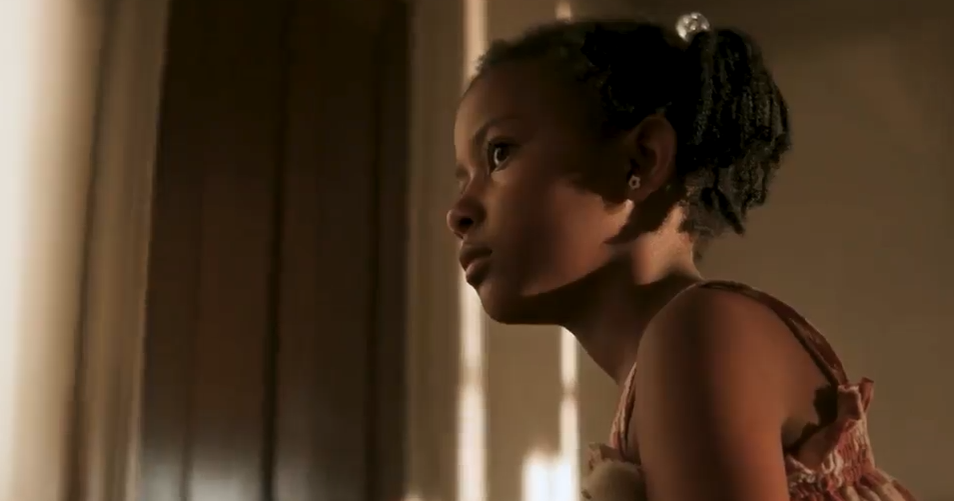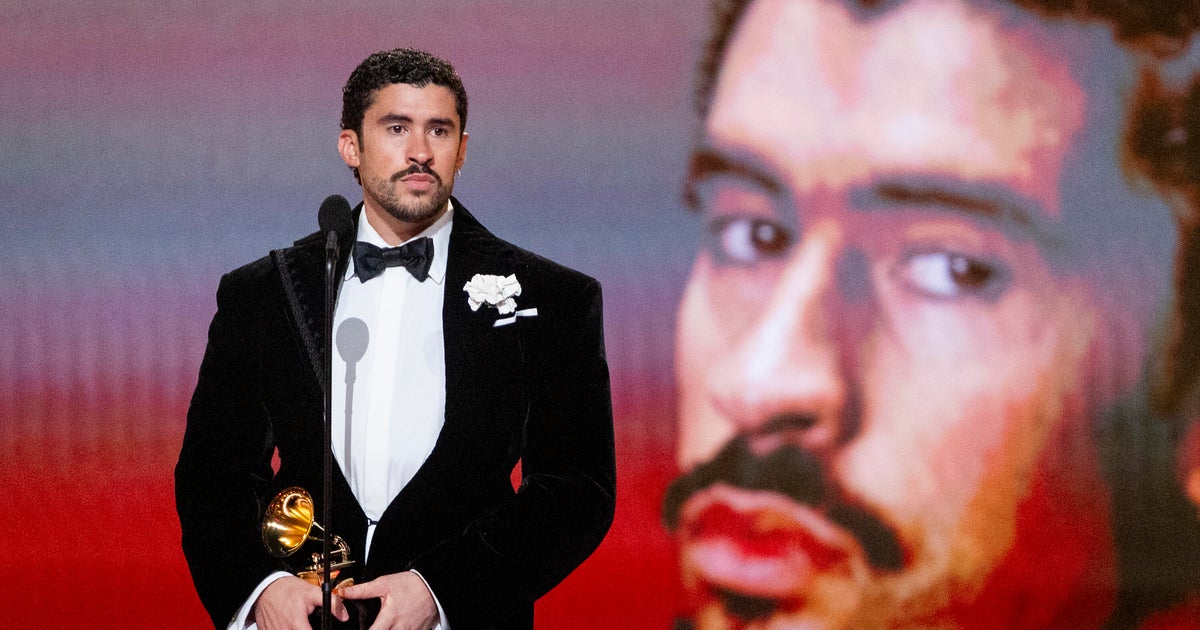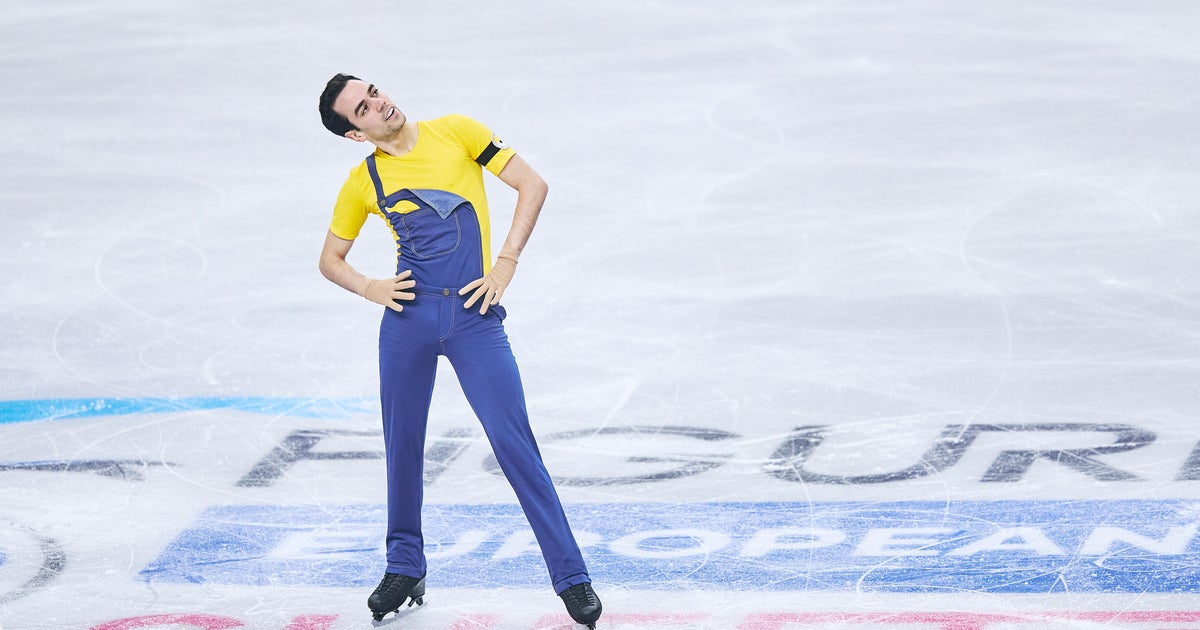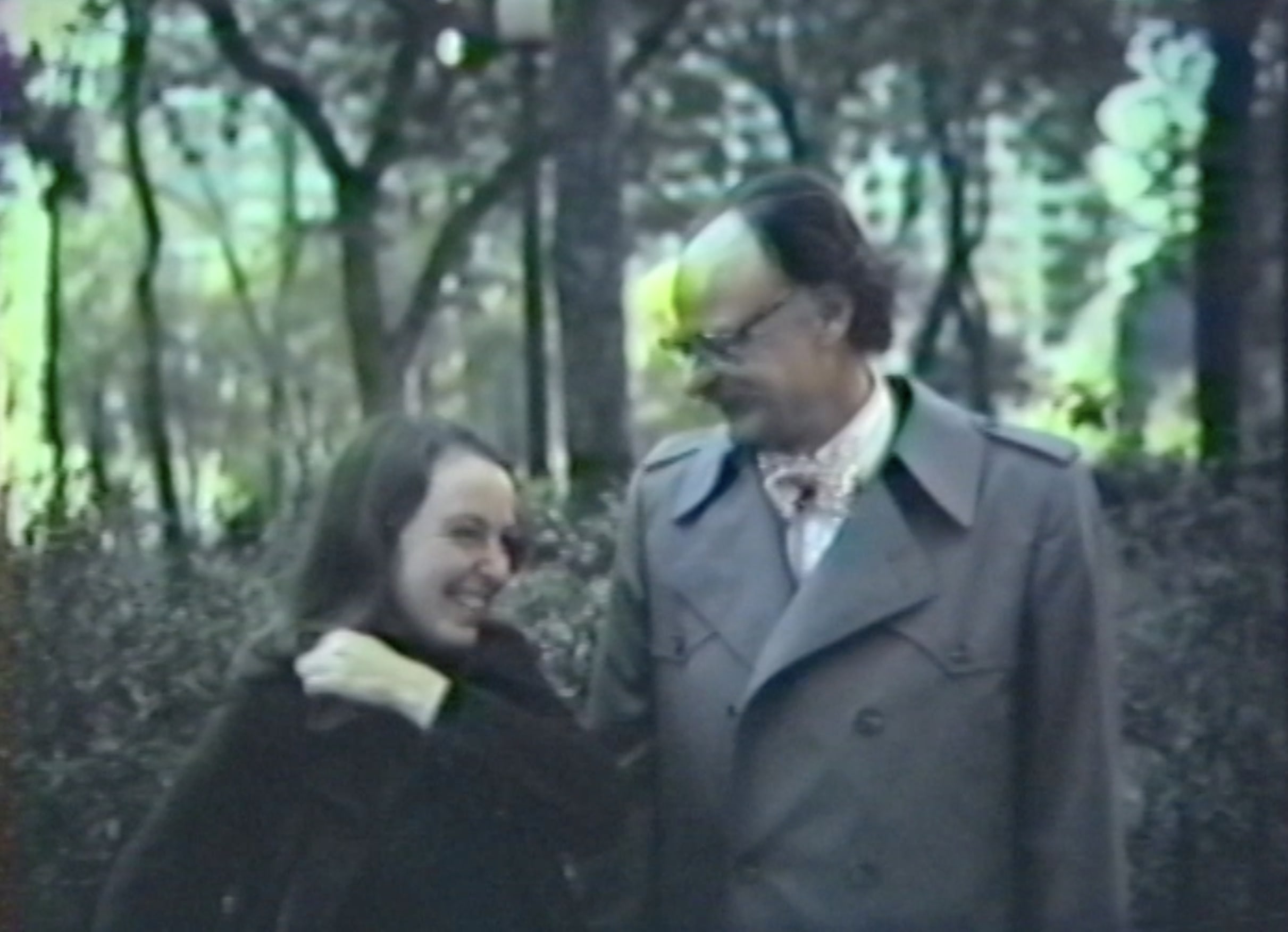"Chewing Gum" star Michaela Coel talks being different, speaking up
If Michaela Coel isn’t already on your radar of actresses to watch, she will be very soon.
The 29-year-old London-born screenwriter and actress rose to prominence back in 2015 when the first season of her comedy series, “Chewing Gum” debuted on Netflix. It’s the story of a young British woman who ditches her religious upbringing to embark on a rather complicated journey to adulthood.
The show initially started as a school project, though it has since turned Coel into an award-winning artist, earning her two BAFTA awards for her work as both an actress and the show’s writer.
Season 2 of the series begins streaming on Netflix in the U.S. on Tuesday. Ahead of its release, Coel spoke to CBS News about her recent success and why she embraces being different.
You’ve been working on this story since your days back in school. What’s it been like to bring it to screens worldwide?
My god, it is insane. It might sound strange to some people, but I really do see this show as my child. And Season 2 is my second child -- like my next baby. It’s been like my babies have become amazing people that I love. I see my shows like Gandhi, and I’ve got little baby Gandhis and they are changing the world. I know that I’m a bit delusional about that but I do think of them like Gandhi. They are not celebrities, they are like Gandhi and Mother Teresa. I am really proud and shocked and am actually thinking that it’s almost absurd that this has even happened.
It’s interesting you refer to the show as your baby. Given that this is something you created, is it ever difficult to step back a bit now since more people are involved? Do you still feel like you have creative freedom to do what you want with the show?
One of the things I love about Channel 4 -- who makes the show -- is that there are literally no rules. They are just like, “Dude, write whatever you want.” Occasionally they will be like, “Oh, that’s a bit much,” but by the time I’ve done it they are always on board. I think I’ve been lucky because I know a lot of other writers don’t have it like that. I don’t know why I have it like that, but I’m not going to question it. I’m just going to keep writing what I want.
You’ve said before that what we see in “Chewing Gum” is the London you grew up with. How much influence did your childhood and teenage years have on this show?
I think something about the tone of the show is something very close to my childhood and teenage years. The actual story lines and things that happen don’t really have anything to do with my childhood, if I’m honest. It’s largely a kind of dream world in my head.
You’ve also talked about how much you enjoy making people feel uncomfortable. Can you explain what it’s like in the pre-production phases of the show to explain some of these scenarios to people?
Well, this is my thing: I’m the worst liar ever. That’s why I could never have a writer’s room. When I think of the things that I want to write, I can never say them out loud because I know how crazy they sound. I know what things sound like when you haven’t actually worked on the script, so I don’t go around saying some of these ideas because they just sound awful. I love it, though, when people’s jaws drop and they have to put their fists over their mouths like, “Oh my gosh!”
How much overlap is there between your character Tracey and yourself?
I think Tracey is like a 14-year-old version of me. That’s what I’ve been realizing recently. I think she’s an old me. My life is not as broken as hers. We do have similar things that have happened to us, so I write similar occurrences, but our reaction to them is all very different. I honestly don’t know why she exists. She feels like my younger, more naive self or something.
Your parents are from Ghana but you were born and raised in London. How did being exposed to several different cultures from a young age influence you?
Oh my God, it was huge. My mom came [to London] from Africa when she was 25 and we are a very small family. They have all sorts of conceptions about what England is like, and so they shelter you as much as they can because they see the outside world as very dangerous.
What was nice for me was that when I got to secondary school -- like high school -- I met many other Ghanaian schoolgirls whose parents were also born in Ghana and were raising them here. We automatically had a huge kinship that was amazing. Even now in the industry I find myself sort of an anomaly again. But I’m older now and I’m kind of finding myself and trying to navigate through that whole thing with my head held high and not feeling so insecure about it.
You’ve joined a growing number of artists of color being recognized for their work behind the scenes -- like Issa Rae, Jordan Peele and Mara Brock Akil, to name a few. Can you talk about the importance of being in the position to create the stories that are being told?
Of course, it is really important. I can’t tell you how many jobs I’ve been on or even when I’m watching TV, I can always tell when the people behind the show are white middle class people.
It’s pretty easy to tell. And I’ve been in shows where the people running them are all white middle class people. Several things become apparent. For example the way they choose to place the extras. It will only be me that sees when they place all the black extras as janitors and all the white and Asian extras behind the desk doing office work. It’s not always something that people actually see. It’s never done on purpose but because they don’t have my perspective they don’t always see these things.
So for me it’s important that I always speak up when I see things like that because it makes me really angry. It makes me even angrier though to know that often I am not there. That’s why it’s important to have diverse people behind the scenes who are pulling the strings, creating the shows and writing the scripts.
In comedy, I often see so many weird race jokes and it’s like, there is no racial diversity in your show to even make those race jokes. The problem is that there is no one in the back to say, “Hey, that race joke is not really appropriate.” That’s why people like me and whoever else has strayed away from the archetypal white male upper class man in TV are often offended by the way television is produced. I want to get rid of that and I think the only way to do that is put more people in executive positions who are from different backgrounds, sizes, ages, ethnicities and everything.
Season 2 of “Chewing Gum” is available to stream now on Netflix.





